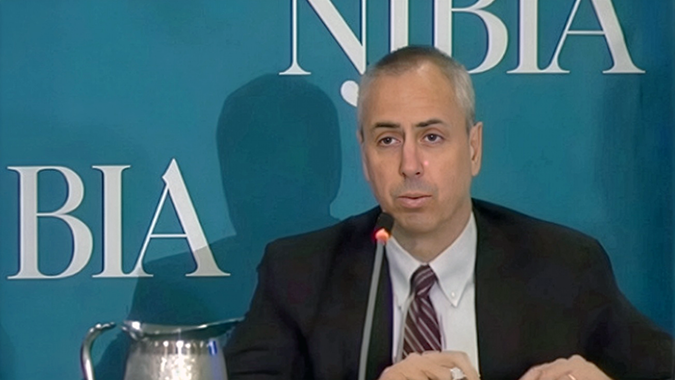A state task force released its recommendations late Thursday on how to implement the new Stay NJ property tax relief program and align the application process with the existing ANCHOR and Senior Freeze programs so that taxpayers file only one application, not three.
A 2023 law created the Stay NJ property tax credit program for homeowners 65 and older with incomes up to $500,000 to keep retirees from leaving New Jersey due to high property taxes. The Stay NJ law, which is supposed to take effect in FY2026, would provide eligible seniors with a 50% credit on their property tax bills up to a maximum $6,500 a year.
The 2023 law also made other eligibility and benefit changes to two other existing property tax relief programs: the Senior Freeze program that reimburses eligible seniors and the disabled for property tax increases, and the ANCHOR program that provides a flat benefit to eligible homeowners and residential renters regardless of their age.
The report recommends the state create one streamlined application that would be used to determine a taxpayer’s eligibility for all three programs simultaneously. Currently different programs have their own paper or electronic applications, even though some taxpayers may be eligible for multiple programs.
The task force recommended the new streamlined application to be available no later than Feb. 1, 2025. This expedited timeline would ensure the application is ready in time for the start of what would be the next Senior Freeze application season.
The recommendations also include ensuring the calendar year for benefit determination for all programs be based on the year immediately preceding the application year – except for the Senior Freeze Program for first-time applicants – addressing a common source of confusion for some taxpayers, as well as aligning the way income is calculated across all three programs.
The task force recommended that during the first year of the Stay NJ Program in FY26, the Senior Freeze, ANCHOR and Stay NJ Programs benefits be paid by check or direct deposit. After that, the departments of Treasury and Community Affairs should work together to implement a credit process against property tax bills, rather than reimbursement checks, the report said.
The report was issued to the Governor and Legislature and is available for the public to view online here.




